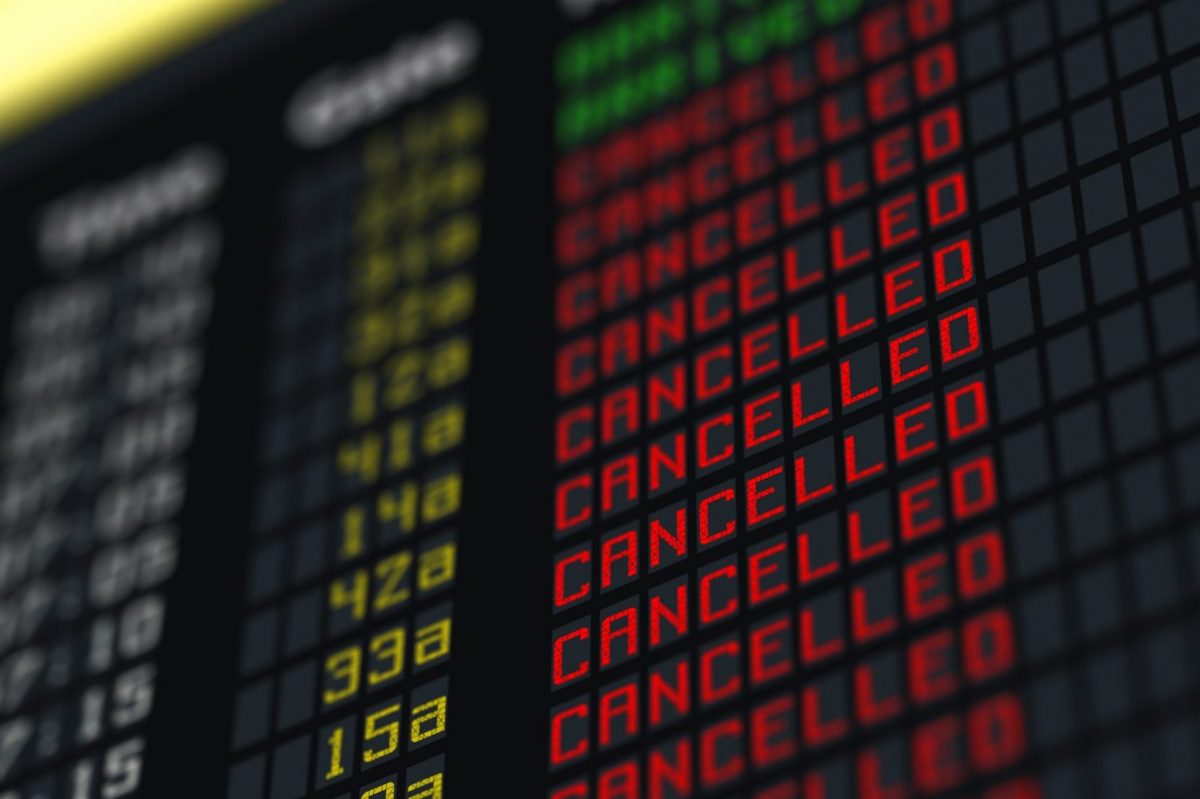Will Automatic Refunds For Flights Stay Automatic? Congress Bill Raises Questions

Skift Take
Just days after the Department of Transportation released a rule requiring airlines to give automatic refunds after flight disruptions, Congress is set to vote on legislation that could impose more hurdles.
The language regarding refunds appears in a massive Federal Aviation Administration bill with provisions on everything from pilot training to family seating.
There is a line that states that in the event a passenger purchases a nonrefundable flight that is significantly delayed or canceled, the passenger can receive a refund “upon written or electronic request.”
The Department of Transportation’s final rule on April 24 stated passengers that experience any significant inconvenience are entitled to an automatic refund, regardless of the reason.
If the FAA reauthorization bill passes Congress in its current form, it’s unclear if the DOT has the ability to mandate that airlines automatically refund passengers. The Senate is set to vote on a motion to proceed with the bill at 3 p.m. ET on Wednesday.
Transportation Secretary Pete Buttigieg told a group of reporters after a House hearing on Tuesday that he was confident the rule could withstand legal challenges, even with the FAA bill, according to a Bloomberg reporter on X.
Senator Elizabeth Warren said earlier in a post on X that the new FAA bill would make passengers “jump through hoops to get the refunds they deserve.” The DOT did not respond to a request for comment.
The airline industry has not warmed up to the automatic refunds rule. American Airlines CEO Robert Isom said the rule had some “gray” areas in a call with analysts April 25. And Airlines for America, a trade group that represents major U.S. airlines, said the DOT created the rule “without collaboration.”
“Unnecessary regulatory rules issued without collaboration will lead to three things: confusion for consumers, reduction in choice and a decline in competition which historically drives up prices,” A4A previously said in a statement to Skift. “Very simply put, a one-size-fits-all approach is anticompetitive and anti-consumer.”





